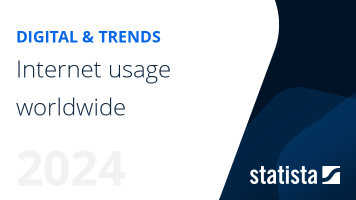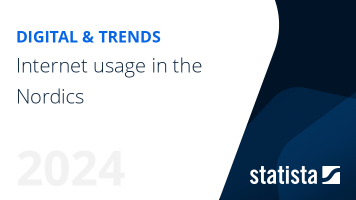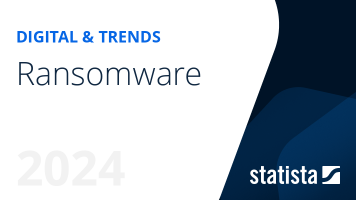Internet freedom worldwide - statistics & facts
The current state
As of May 2024, almost eight in 10 individuals in the world live in countries where people were arrested or imprisoned for posting content on political, social, or religious issues. Another way in which some authorities have been controlling the online space in recent years is by deploying pro-government commentators to manipulate online discussions. Furthermore, between June 2023 and May 2024, 67 percent of online users worldwide lived in countries where individuals were attacked or killed for online activities. Overall, the internet was free only for 18 percent of the global online population. For another 37 percent, it was reported to be restricted, while in the case of 34 percent, it was semi-free.Regional breakdown of internet freedom
As of 2024, China and Myanmar had the lowest level of internet freedom worldwide, while Iran and Russia followed. In the Americas, Cuba had the least free internet, with only 20 out of 100 index points. Furthermore, the two countries in the region with the freest internet were Canada and Chile. The United States ranked third. Additionally, Taiwan, Japan, and Australia had the highest index score in the Asia-Pacific region. In Africa, Egypt and Ethiopia reportedly had the least free internet, with 27 index points each, in 2024. Overall, the internet in Iceland was the freest worldwide, followed by Estonia.Internet shutdowns
In 2024, 21 cases of local internet shutdowns were imposed by governments during protests, and a further three instances were because of other political turmoil. Another popular way governments limited communications during demonstrations and other significant events was by restricting access to social media or voice over internet protocol (VoIP) services. In the first half of 2024, five cases of internet connection disruptions were reported in Africa and three in Asia.Government requests for user data
Tech companies gather a massive amount of data from internet users. When the government and law enforcement agencies request access to this data, they usually claim it to be for security purposes. In some countries, it is, evidentially, the case. Some authoritarian governments, however, misuse this opportunity. In certain countries, the users whose data is requested are human rights defenders, protesters, and journalists. Even though tech companies don’t always disclose user data upon governments’ requests, there is no real way to determine if the purpose of the request is to suppress or protect.Internet access and freedom of expression online are trivial topics of discussion because of the many cases of internet services’ misuse. The dark web was initially created in an attempt to communicate anonymously on the internet, but it quickly became a platform for criminal activities.









































